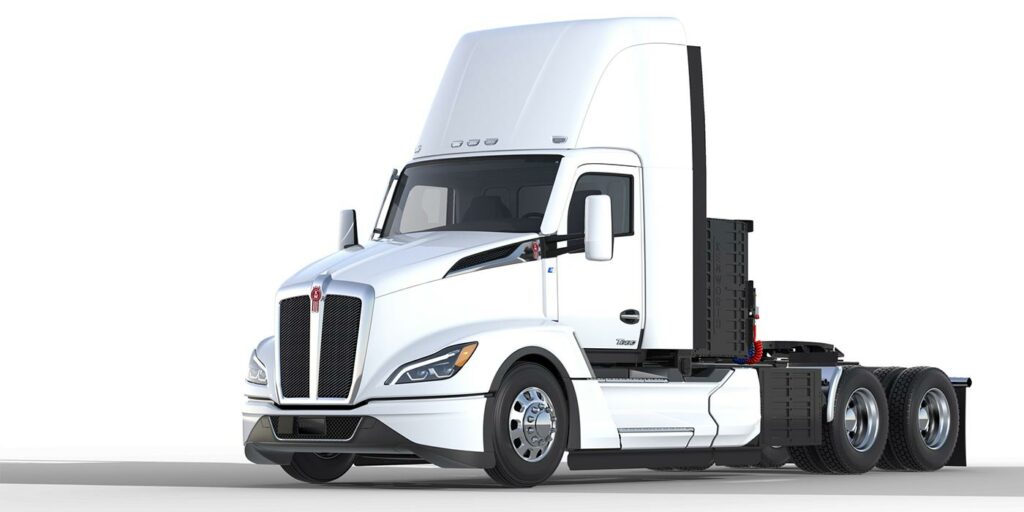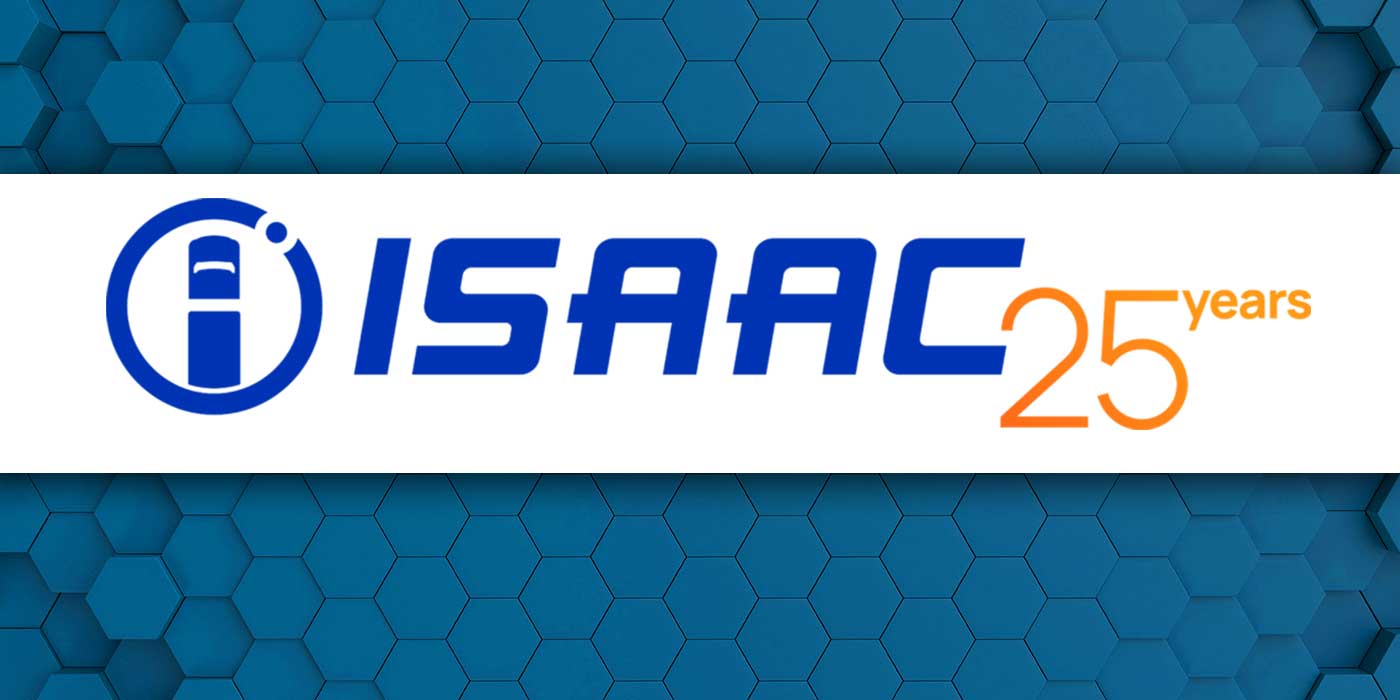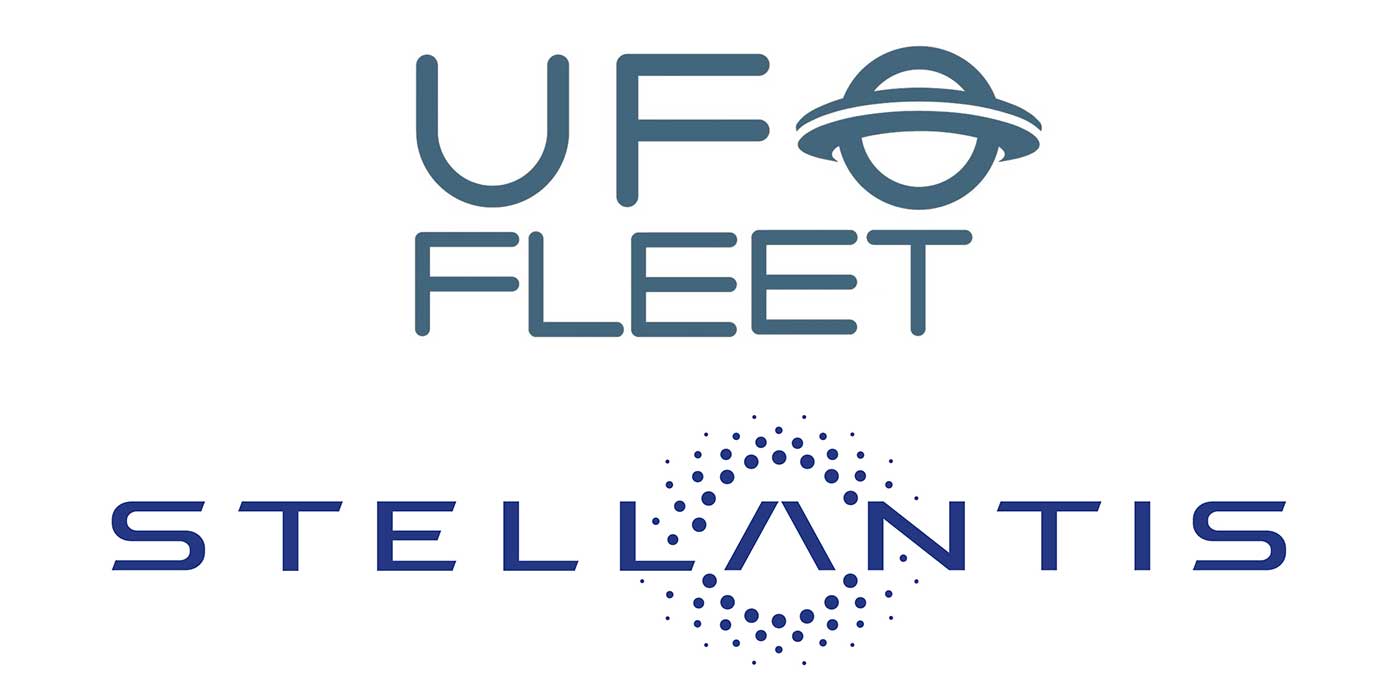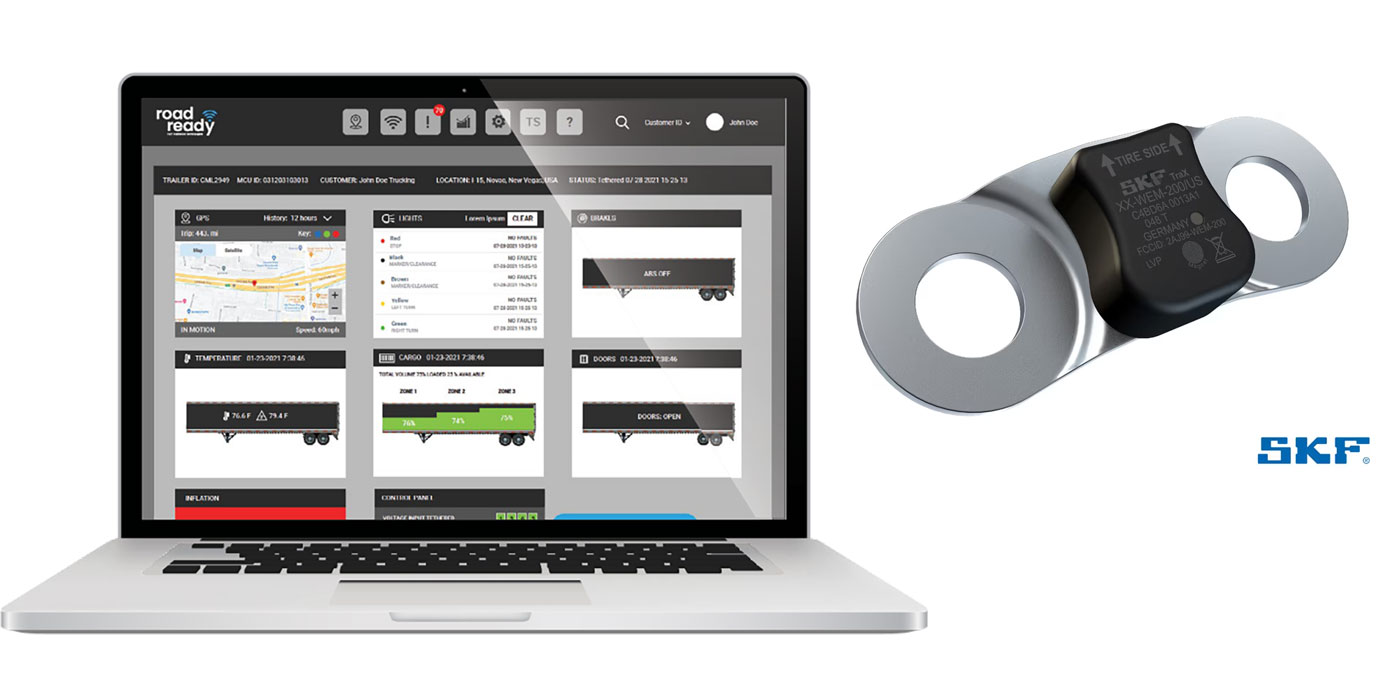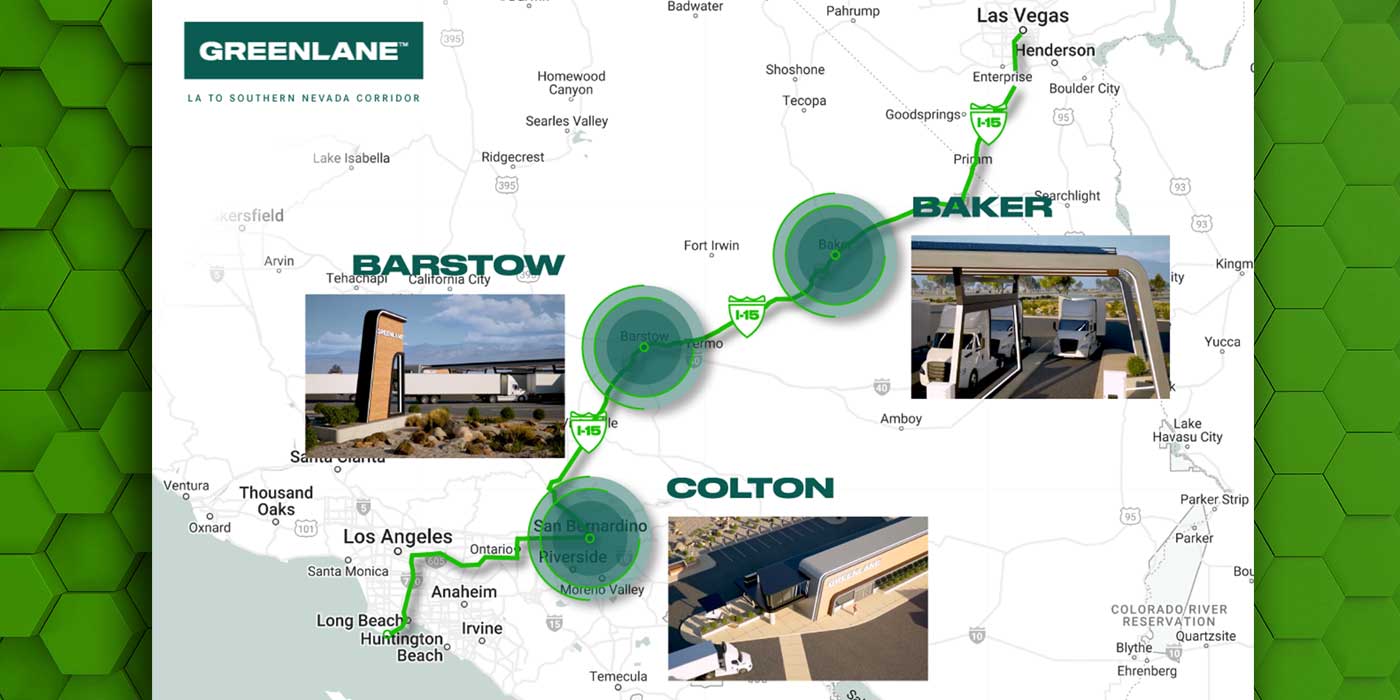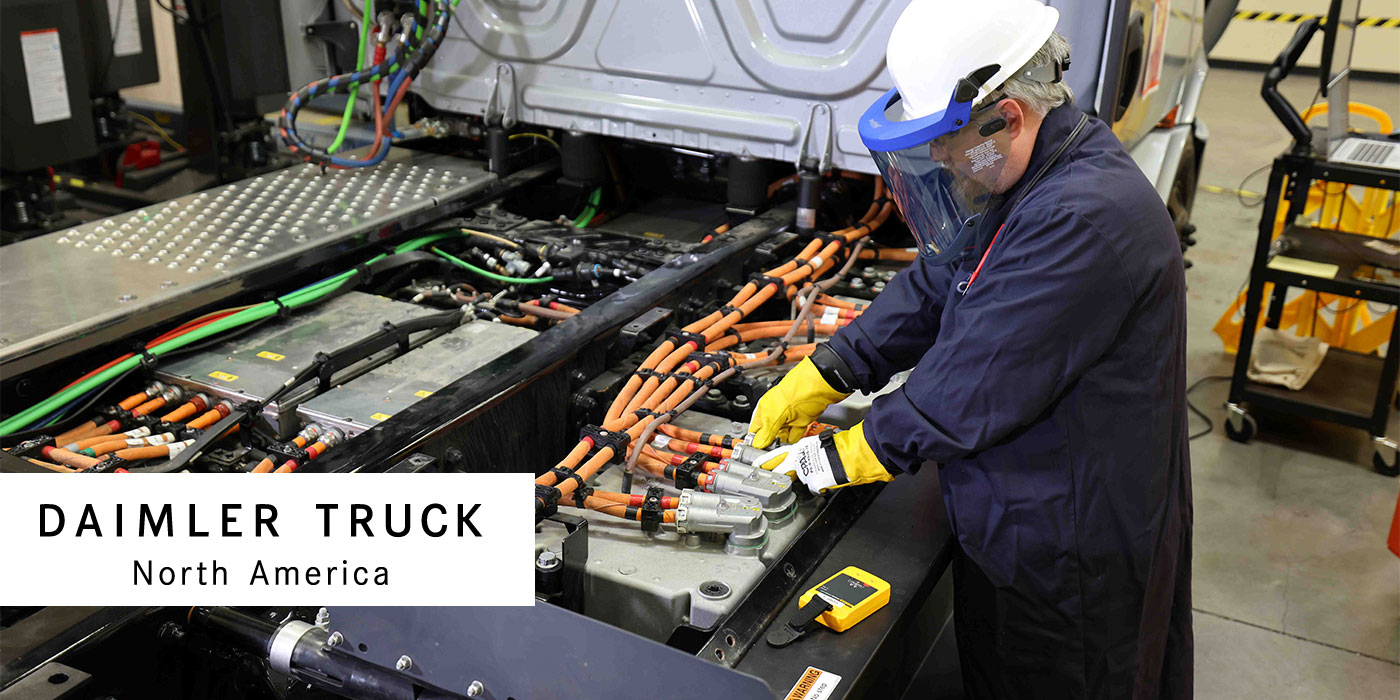Wireless Advanced Vehicle Electrification (Wave), a subsidiary of Ideanomics and a developer of high-power inductive charging solutions for medium- and heavy-duty vehicles, is participating in a U.S. Department of Energy (DOE) electrified powertrain project to develop a 1-megawatt wireless charging system for Class 8 electric trucks.
The primary recipient of the cooperative agreement is Kenworth, which will collaborate with Wave and Utah State University on system design. The project calls for Wave systems at each end of a 400-mile regional haul route between Portland, OR, and Seattle, WA. Each charging station will deliver 1-megawatt of power from roadway-embedded charging pads, stationed at designated facilities in Seattle and Portland, to a specially equipped Kenworth T680 next-generation battery EV, enabling the vehicle to exceed its standard 150-mile range and complete the 400-mile route. At 1-megawatt, the system aims to charge the T680 batteries in 30 minutes or less. By comparison, a 250kW charger (equivalent to a high-power passenger vehicle charger today) would take over 1.5 hours, the company says.
The fully automated, hands-free Wave system charges vehicles during scheduled stops. The company says wireless charging systems offer several compelling benefits over plug-in-based charging systems, including reduced maintenance, improved health and safety and expedited energy connection. Furthermore, wireless in-route charging enables greater route lengths with smaller batteries while also maintaining battery life, Wave says.

